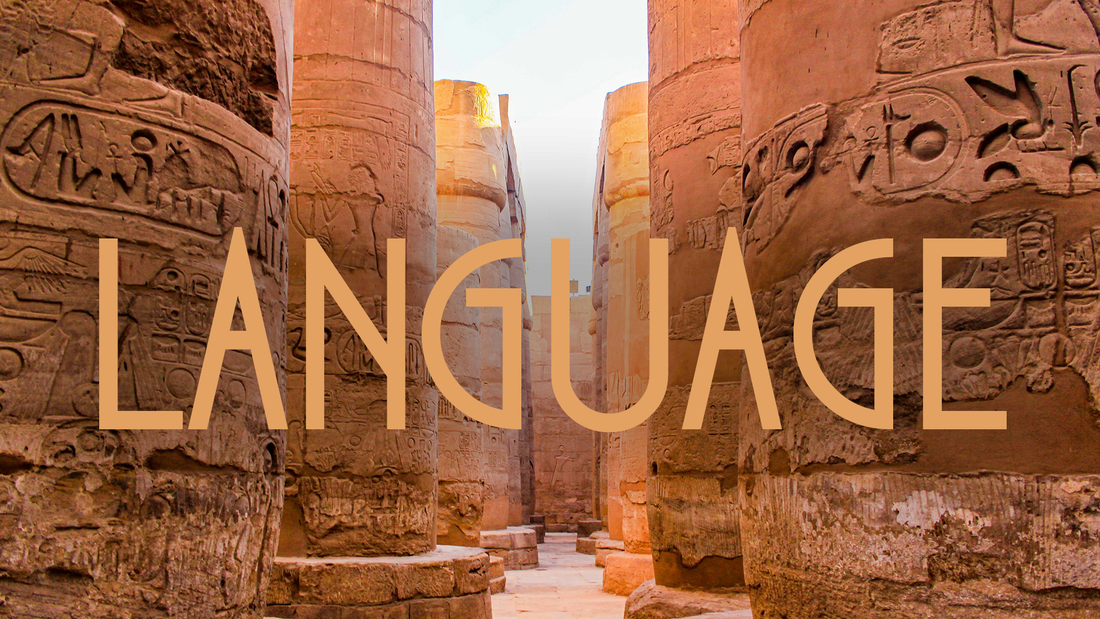
Why don't we all speak the same language?
Share
The world is incredibly diverse linguistically, with around 7,000 languages spoken globally. This multitude can seem daunting, especially considering that each language often includes multiple dialects with unique pronunciations and variations. This raises questions: Why such a wide range of languages and dialects? Is there a reason behind this diversity? And why haven’t we embraced a single universal language to promote mutual understanding and ease communication challenges, thereby fostering unity?
One popular story across various cultures is the tale of a time when all humans spoke a single language, leading to a harmonious world.
According to this tale, in ancient Babylon, a group of people attempted to build a tower reaching the heavens. As they neared completion, divine wrath descended upon them, causing fear and confusion. Their language was confounded, leading to humanity's dispersion and the emergence of diverse, unintelligible languages. Although this story lacks empirical evidence and is often regarded as a quasi-myth, it serves as a powerful allegory, reflecting themes of hubris, divine intervention, and the origins of linguistic diversity.
To understand linguistic diversity, it's important to recognize that every existing language has evolved from earlier forms. Each language can be traced back through a series of linguistic ancestors, leading to what we call the "mother tongue" or proto-language. This proto-language is the root from which all subsequent languages have developed. Languages are grouped into families and subgroups based on shared linguistic features and historical connections. For instance, Arabic, Aramaic, Ethiopian, and Chadian Elli belong to the same family, sharing common roots. Similarly, English, French, Russian, and Hindi are part of another family. Understanding these linguistic relationships helps us appreciate the interconnectedness and diversity of human languages.
Linguistic diversity extends beyond vocabulary and pronunciation to include changes in usage and expressions across generations. For instance, reading old English texts can be perplexing for modern readers due to the significant evolution of the language. This phenomenon applies to all languages, reflecting the dynamic nature of language and its responsiveness to societal shifts and cultural developments.
While the idea of a universal language is appealing, the reality of language evolution and cultural diversity poses significant challenges. Humanity has attempted over 300 times to implement proposals for a universal language, with Esperanto being the most well-known. Despite initial enthusiasm, Esperanto gradually waned because people are reluctant to abandon their mother tongues, which are deeply intertwined with their identity and cultural heritage. Even if a universal language were established, linguistic variation would likely reemerge over time.
The dream of a single, unified language remains a challenging prospect. Despite remarkable advancements, the complexities of language, identity, and cultural heritage present formidable barriers. Nonetheless, the aspiration for linguistic unity persists among intellectuals and dreamers, reflecting the enduring quest for global understanding and harmony.
